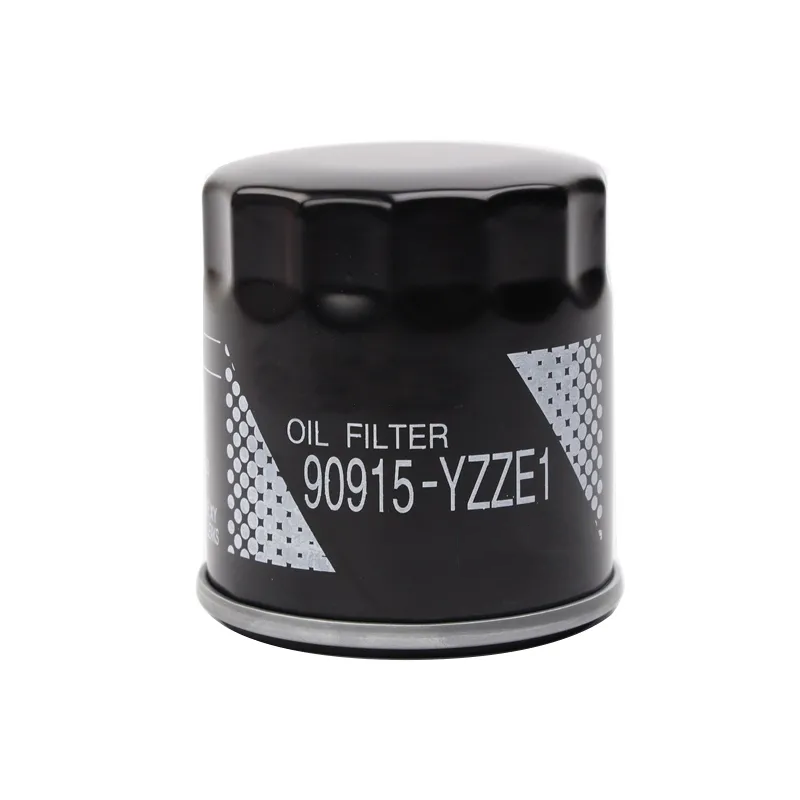Dec . 11, 2024 10:46 Back to list
Benefits of Upgrading Car Air Intake Filters for Better Performance and Efficiency
The Importance of Air Intake Filters in Cars
When it comes to maintaining a vehicle's performance and longevity, one of the most often overlooked components is the air intake filter. This essential part of the engine's air intake system plays a critical role in ensuring optimal engine performance and efficiency.
The primary function of an air intake filter is to prevent dirt, debris, and other contaminants from entering the engine. As the engine operates, it requires a constant supply of clean air to mix with fuel for combustion. If the air filter is clogged or dirty, it can hinder airflow, which may lead to a variety of performance issues. Reduced airflow can result in poor acceleration, decreased engine power, and even higher fuel consumption as the engine works harder to maintain performance levels.
The Importance of Air Intake Filters in Cars
There are several types of air intake filters available on the market, including paper, foam, and cotton gauze filters. Paper filters are the most common and are generally disposable. They are designed to be replaced at regular intervals based on the vehicle manufacturer's recommendations. Foam filters offer greater durability and can be cleaned and reused, making them a favorite among off-road enthusiasts. Cotton gauze filters, often used in performance vehicles, provide excellent airflow and can also be cleaned and reused, but they may require more frequent maintenance.
air intake filter car

One of the key indicators that an air intake filter needs to be replaced is a noticeable decrease in performance. Drivers may experience sluggish acceleration, erratic engine performance, or a decrease in fuel efficiency. Additionally, if the check engine light illuminates, it is essential to inspect the air filter along with other components.
Replacing the air filter is a straightforward process that can often be done at home with minimal tools. Most air filters are located within the airbox, which is typically easy to access. Drivers should consult their vehicle’s owner’s manual for specific instructions related to their make and model. It is advisable to check the air filter during regular maintenance checks—usually every 12,000 to 15,000 miles or as specified by the manufacturer.
Neglecting the air intake filter can lead to costly repairs down the line. An engine that struggles to draw in the necessary air may experience overheating, increased wear on engine components, or even catastrophic failure if the problem persists. Regular maintenance of the air intake filter is a proactive measure that can help avoid these issues.
In conclusion, the air intake filter is a small but vital component of a vehicle’s engine system. It ensures that the engine receives clean air for optimal performance and efficient fuel combustion. By keeping the air filter clean and replacing it as needed, drivers can not only improve their vehicle's performance but also extend its lifespan and reduce environmental impact. Regular maintenance of the air intake filter is not just advisable; it is essential for any car owner who values performance, efficiency, and reliability.
-
Toyota Corolla Hatchback Cabin Air Filter – High Efficiency & Easy Installation
NewsJul.08,2025
-
Premium Canister Fuel Filter Supplier High Quality Oil Filtration Solutions
NewsJul.08,2025
-
Premium Car Filter Oil Solutions Leading Car Oil Filter Exporter Hyundai Car Oil Filter Exporters
NewsJul.08,2025
-
Buy 17x21x1 Air Filter – Improve Air Quality & HVAC Efficiency Affordable Air & Cabin Air Filter Cost
NewsJul.07,2025
-
High-Performance Filter Element Fuel – Durable, Efficient & Cost-Effective Solutions
NewsJul.07,2025
-
High-Quality Engine Filter and Cabin Filter for Superior Airflow Affordable Cabin and Engine Air Filter Cost
NewsJul.07,2025


